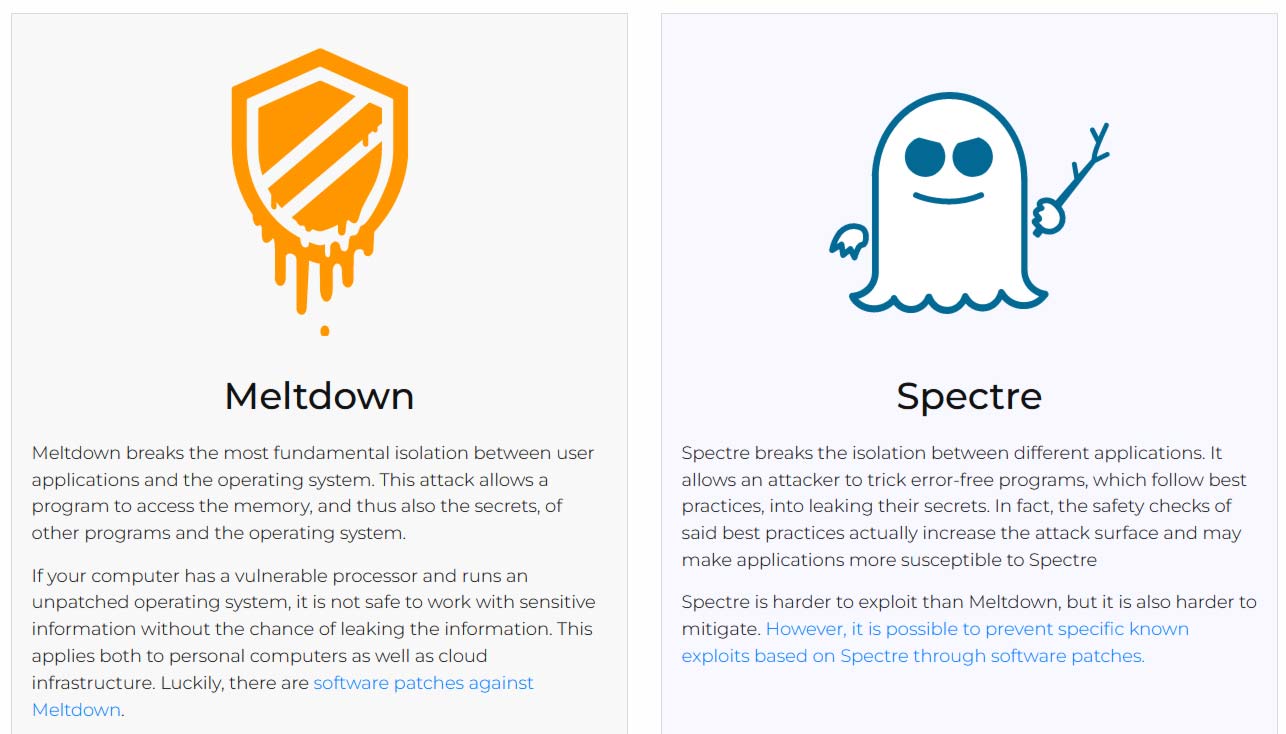Meltdown, Spectre Flaw Class-Action Suit Against Intel Gets Go Ahead
Seven plaintiffs who purchased Intel PCs post-August 2017 can stake a claim.
Get Tom's Hardware's best news and in-depth reviews, straight to your inbox.
You are now subscribed
Your newsletter sign-up was successful
The Meltdown and Spectre CPU flaws hit the tech news wires at the start of 2018. However, in the period between Intel's discovery of these flaws, the previous August, and going public about them in January 2018, Intel and its partners sold millions of devices to customers. A class action suit regarding these purchases was granted by Judge Michael Simon, of the US District Court of Oregon, on Wednesday, reports The Register.
The major complaint is that the flaws required performance-sapping updates to patch, so purchasers of systems affected would not get the performance they paid for, and Intel knew that this would be the case.
Soon after the Meltdown and Spectre news broke, lawsuits started to pile up, looking for recompense from Intel, for keeping quiet about the flaws, while CPUs and systems flew off shelves over the holiday period. Moreover, Intel continued to release new CPU architectures that didn't fix the flaws in hardware, such as the Coffee Lake generation. By mid-February 2018, there were already 32 lawsuits against Intel, stemming from its side-channel exposing security misstep. In the same month we tested and compared gaming on PC systems pre- and post-patching.
Since early 2018, Intel has successfully had the consolidated multi-district proceeding called "Intel Corp. CPU Marketing, Sales Practices and Products Liability Litigation" (3:18-md-02828-SI) dismissed twice. Now, third time lucky, the plaintiffs have had the case accepted by Judge Simon. But it is limited to complainants who purchased computers after September 1, 2017. Previously, the class action had sought to include purchasers ahead of this date.
"Based on plaintiffs' allegations, it is not clear that Intel had a countervailing business interest other than profit for delaying disclosure for as long as it did (through the holiday season), for downplaying the negative effects of the mitigation, for suppressing the effects of the mitigation, and for continuing to embargo further security exploits that affect only Intel processors, wrote the Judge Simon in his order. "For the seven plaintiffs who purchased computers after September 1, 2017, they have alleged enough facts at this stage of the proceedings to survive Intel's motion to dismiss on the grounds of failure to state a claim."
Settlement May Happen Before Trial
There are still some procedural matters to be completed before this third attempt to get the class action into the court. The lead counsel for the plaintiffs told The Register that he and his clients were pleased that the court had given the green light to the proceedings "on behalf of consumers and businesses that were left with slower and less secure computers due to the defects found in Intel's processors."
Before the case hits the court, Intel might offer to settle, rather than face a potentially very large damages award to the plaintiffs. Such an award could easily cancel out, or exceed, Intel's recently won appeal against the EU antitrust €1.06B fine.
Get Tom's Hardware's best news and in-depth reviews, straight to your inbox.
CPU market leader Intel and its customers were the worst affected, with the blue team's x86 processors vulnerable to both Meltdown and Spectre flaws. AMD and Arm architectures weren't impacted so badly, with AMD users (for example) only suffering from the Spectre vulnerabilities.

Mark Tyson is a news editor at Tom's Hardware. He enjoys covering the full breadth of PC tech; from business and semiconductor design to products approaching the edge of reason.
